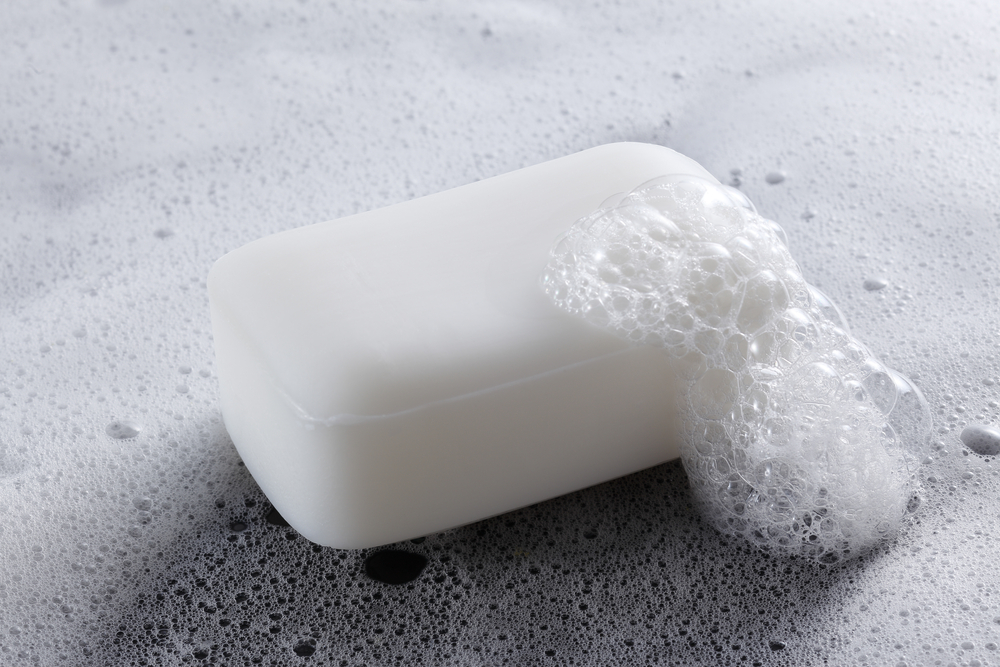Plastics and soaps may appear to be worlds apart, yet they share a molecular resemblance that could revolutionize the future of recycling. Virginia Tech researchers are at the vanguard of this creative discovery, having pioneered a method to upcycle plastics into valuable surfactants—key components in soap and detergent production. Their ground-breaking research, which was recently published in Science, has the prospect of transforming plastic waste into a solution for a cleaner, greener planet.
The unexpected parallels between plastic and soap
Inspiration can strike at any time, and Associate Professor Guoliang “Greg” Liu found it on a quiet winter evening by the fireside. Liu pondered the parallels in the chemical structure of polyethylene, a common plastic, and fatty acids, which are required for soap production. Liu and his team set out on a journey to capitalize on these commonalities and produce a breakthrough solution. Liu’s epiphany was simple yet profound: if the combustion of wood produces smoke, might a similar technique be applied to plastics?
The team’s ground-breaking technology entails a specially built reactor that heats polyethylene chains, breaking them into shorter segments. Temperature-gradient thermolysis simulates the effects of combustion without the negative environmental repercussions. The resulting residue, which resembles chimney soot, is a type of “short-chain polyethylene,” which can be further processed into waxes, a necessary intermediary in soap manufacture.
Saponification or Soap-ponification?
However, this is only the beginning. The team successfully made the world’s first soap from plastic waste using careful techniques such as saponification. This revolutionary upcycling strategy, developed by a varied team of professionals from domains such as computational modeling and economic research, provides a new path to addressing plastic pollution.
This approach is unique in that it is applicable to both polyethylene and polypropylene, the two most common plastics in everyday life. Unlike traditional recycling, which needs rigorous separation, Liu’s method processes both plastics simultaneously. This removes a substantial barrier to recycling and prepares the way for a more efficient, cost-effective procedure.
Furthermore, the method’s brilliance rests in its simplicity—all that is required to trigger the change is plastic and heat. The waxes are then converted into fatty acids and soap, which contributes to their economic feasibility and environmental friendliness. This approach has the potential to revolutionize the economics of recycling by producing items that are more valuable than standard plastics.
An environmentally (and economically) friendly solution
Surprisingly, when measured by weight, the value of soap exceeds that of plastics. While polyethylene costs $1,150 per metric ton, soap can cost up to $3,550 per metric ton. This intriguing potential opens the door to a transformation in the recycling landscape, making the procedure not only environmentally friendly but also economically appealing.
According to Professor Liu, this idea is more than a breakthrough; it is a critical step toward worldwide waste reduction. He envisions recycling plants around the world implementing this transformative approach, resulting in the development of sustainable soap products and a significant reduction in plastic trash filling landfills.
Source study: Science—Chemical up-cycling of polyethylene, polypropylene, and mixtures to high-value surfactants










